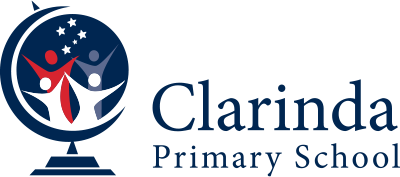Languages
Modern Greek language learning
Modern Greek is the official language of Greece and Cyprus. It is spoken throughout the world – wherever there are Greek-speaking communities. One of the major characteristics of the extensive Greek Diaspora is the maintenance of the Greek language and culture, especially in Australia, the United States, Canada, Britain, Germany, countries of Latin America and Africa, and areas around the Black Sea, the Balkans, the Mediterranean and the Middle East. Modern Greek is also one of the official languages of the European Union.
The modern standard version of Modern Greek (Neoelliniki: Νεοελληνική) is the demotic form of the written and spoken language and is the official language taught worldwide. It is an alphabetic (non-Roman) language, with 24 letters, and has remained relatively unchanged since ancient times. Modern Greek is a phonetic language, with a simple form of accentuation and highly structured grammar and syntax. Although many English words are derived from Greek, the language structure is very different. There are, for example, marked differences in the use of articles, gender agreement for adjectives and nouns, verb conjugations, declensions of nouns and variations in word order. These distinctive features influence how Modern Greek is taught in the classroom. They will be seen through the key text types and processes chosen as a vehicle to develop learners’ understanding of them and in the context for interactions through which learners will develop the skills for their sustained use.
The diversity of Modern Greek language students
Understanding the diverse language backgrounds and competencies of students, as language learners, is the starting point for developing their language learning. The changing pattern of migration to Australia is extending the range of languages students bring with them to school.
Due to the passage of time, shifting trends in migration and the changed nature of the learner, Modern Greek is no longer the exclusive domain of students of Greek background. Learners of Modern Greek in Australian schools come from a diversity of backgrounds, including learners for whom this represents a first experience of learning Modern Greek. Learners of Modern Greek may also be background speakers or second, third or fourth generation Australians who may have connections to the customs and traditions of their heritage but whose linguistic knowledge may be limited or non-existent.
Intercultural understanding
In the Languages curriculum area the focus is on both language and culture, as students learn to communicate meaningfully across linguistic and cultural systems, and different contexts. This process involves reflection and analysis, as students move between Modern Greek and their own existing language(s). It is a reciprocal and dynamic process which develops language use and intercultural awareness and understanding.
For students learning Modern Greek for the first time in a school language program, a key dimension of the curriculum involves understanding the cultural dimension that shapes and is shaped by the language. The curriculum is designed with an intercultural language learning orientation to enable students to participate meaningfully in language and cultural experiences, to develop new ways of seeing and being in the world, and to understand more about themselves in the process.
Texts and resources
Students use a wide range of texts designed for language learning, such as textbooks, teacher-generated materials and online resources. Their learning is enriched by exposure to a range of authentic Modern Greek texts, such as websites, films, stories, songs, television programs, advertisements and magazines. The texts and resources will become increasingly sophisticated and varied as students progress through their schooling.
Use of Modern Greek and English
Students are encouraged to use Modern Greek as much as possible for classroom routines, social interactions, structured learning tasks, and language experimentation and practice.
Students will have opportunities to engage with members of the community who speak Modern Greek, which in some cases will be facilitated via digital technologies.
English is used for discussion, explanation and reflection, enabling students to develop a language for sharing ideas about language and culture
